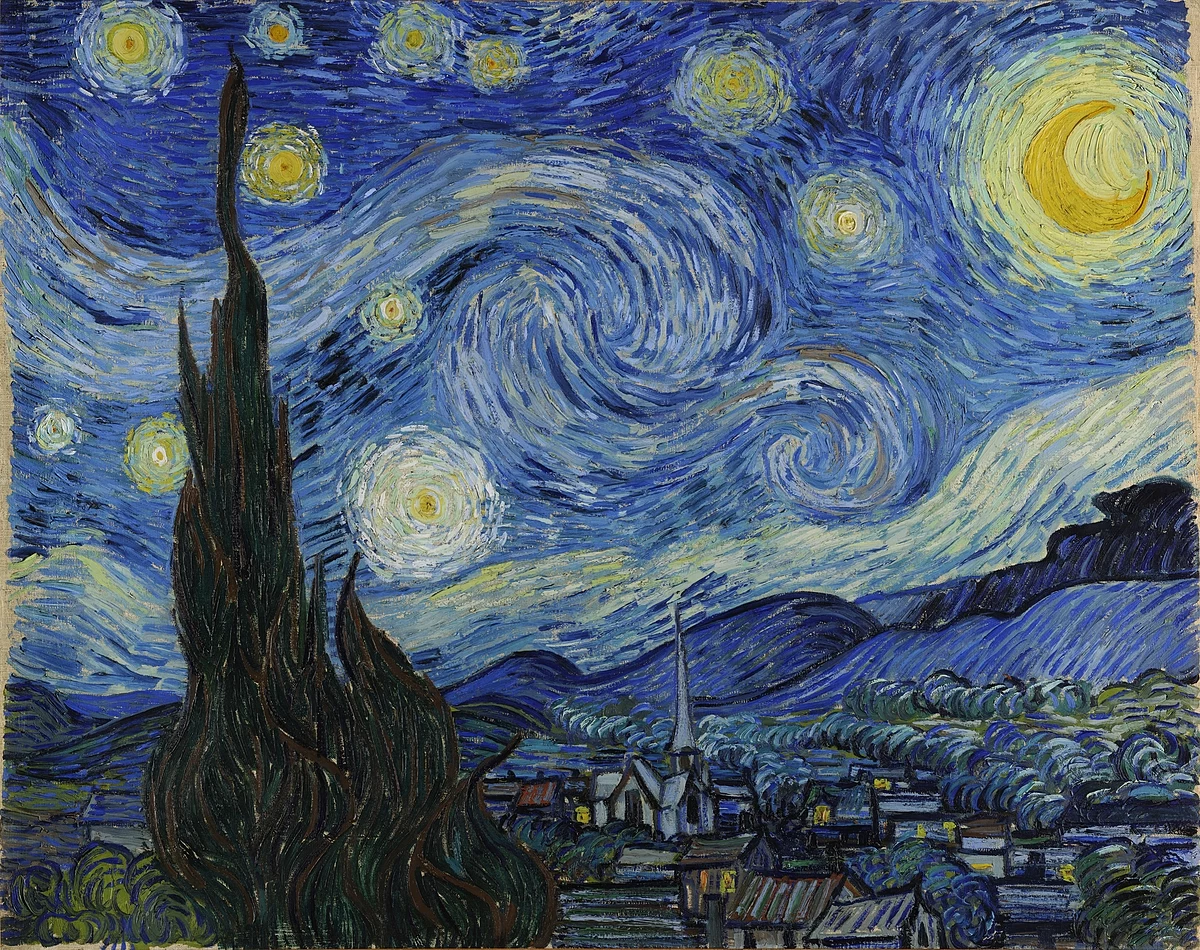
Ecclesiastes: A Poignant Poem
Published March 1, 2023
“All things are full of weariness; a man cannot utter it; the eye is not satisfied with seeing, nor the ear filled with hearing. What has been is what will be, and what has been done is what will be done, and there is nothing new under the sun.” Ecclesiastes 1:8-9
Christians struggle with the tone of Ecclesiastes. Many turn to the Bible for the same reason they tune in to Christian radio: to hear something positive and encouraging. If we are looking for rosy optimism, Ecclesiastes is the last place we’ll find it. However, many have wrongly flagged the book as pessimistic. Ecclesiastes, rightly understood, presents the world exactly as it is. It’s not optimistic nor pessimistic, but realistic. But for those who continually anesthetize themselves from painful truths by denying reality, the parts of Ecclesiastes that describe life in a fallen word (read: most of the book) will seem pessimistic and cause aversion.
One such passage is 1:4-11. Verses 2-3 teach that all is vanity and that there is nothing to be gained under the sun. Verses 4-11 further illustrate these facts through the use of poetry. In fact, this passage is the first of three poems in the book (cf. 3:1-8 and 11:7-12:7). Scripture contains the very words of God, and He has spoken to us in both prose and poetry. Prose implants truths in our minds, and poetry inscribes them on our hearts.
Sunrise, Sunset
Like a skillful artist, the preacher uses three metaphors from nature to paint a picture of the vanity of life. The first metaphor is the daily repetition of sunrises and sunsets (verse 5), representing the monotony of human toil. “The sun rises, and the sun goes down, and hastens to the place where it rises.” The Hebrew word for “hastens” can be translated literally as “pants,” which evokes a sense of weariness. Like the sun in its endless, wearisome cycle of rising and setting, humans wake up every morning, grind away, then lie down again, only to repeat the process the next morning. And the morning after that. And the morning after that. Rinse and repeat, ad infinitum. It’s a grueling enterprise.
The Winds of No Change
The second metaphor (verse 6) paints a similar picture: “The wind blows to the south and goes around to the north; around and around goes the wind, and on its circuits the wind returns.” Notice the threefold repetition of the word “around,” along with the word “circuits,” which in the Hebrew is another word from the same root, effectively making it a fourfold repetition. The circular patterns of the wind paint a picture of fruitless, repetitive busyness. The wind blows in circles over and over again without accomplishing anything, and the children of man repeat monotonous tasks day after day.
The Rivers to the Sea
The last metaphor comes in verse 7: “All streams run to the sea, but the sea is not full; to the place where the streams flow, there they flow again.” There is a twofold application in this imagery. The first is that again of repetitive busyness that accomplishes nothing, much like the previous example of the wind. The second application comes in the second half of verse 8: “the eye is not satisfied with seeing, nor the ear filled with hearing.” In the same way that the sea is never filled despite the countless gallons of water that pour into it daily, mankind’s desires are never satisfied. Whether this refers to physical needs, lust, greed, covetousness, etc. (all of these topics are covered elsewhere in the book), the point remains the same: Human toil is vanity because it fails to bring lasting satisfaction.
Nothing New
These principles are just as true for us as they were in Solomon’s day, for there is nothing new under the sun (1:9). The rising and setting sun not only depicts the individual days of a person’s life, but the coming and going of generations (verse 4). In the whole course of human history, what’s seventy or eighty years but a mere vapor? As each new generation comes and goes, we develop new technology and comforts, but nothing is truly new and no real progress is made. We are no closer to achieving world peace than the coalition that built the tower of Babel, yet we still desire to reach the heavens and become like God. Like our first parents, we are all sinners trying to cover our shame. The fig leaves have been replaced with self-care and therapy, but the motive is as old as the dust from which we were made.
Seeing Reality
The poignant picture painted by the preacher’s poem is not the final word, but before we can learn to live in a fallen world, we must first understand the depths of the problem. This world has been irreparably broken because of sin. Under the curse, work became toil, and life became a monotonous cycle. The preacher will teach us how to live in such a world, but he must first strip away any notion that we can overcome the effects of the fall through human effort. May the Lord use this section of Ecclesiastes to first tear us down so that He may build us up.




0 Comments